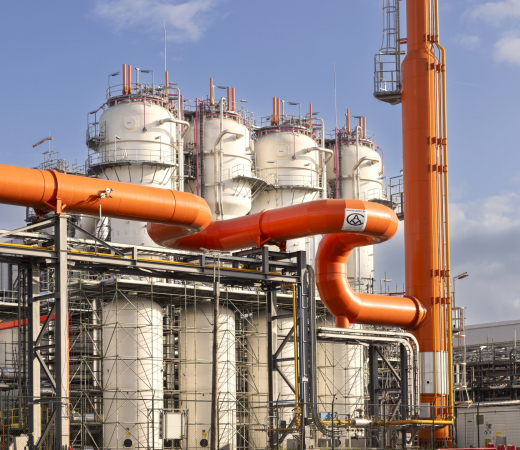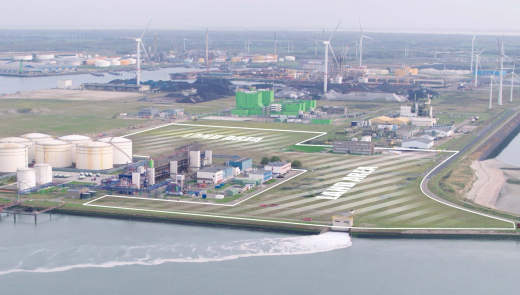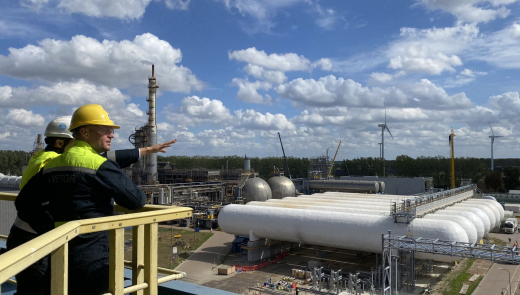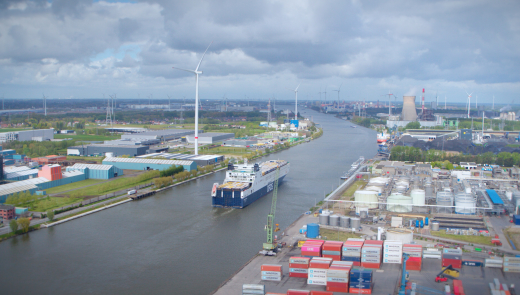CCUS

Carbon Capture, Utilisation and Storage (CCUS) is a technology aimed at reducing CO₂ emissions by capturing carbon dioxide from industrial processes, subsequently reusing it in processes and new products or (permanently) storing it. This approach plays a crucial role in the transition to a CO₂-neutral economy, especially for industries where CO₂ emissions are unavoidable. An important theme for our cross-border Scheldt Delta region and essential for achieving the climate objectives and maintaining a competitive industry in the region.
The success of CCUS implementation strongly depends on various preconditions, such as a robust and integrated infrastructure, a favourable policy and financial framework and social acceptance. Within Smart Delta Resources, industry, port, knowledge institutions, governments and grid operators collaborate on both technical initiatives and creating the right conditions around the CCUS theme.
- Project:
Map-it CCU 2024-2025
This project is part of a broader strategy to structurally reduce industrial CO₂ emissions. The project offers practical tools and knowledge to support companies, policymakers and researchers in making sustainable choices regarding CO₂ capture, reuse and storage.
To the project
To the decision tool
To the MOOC (free online learning modules)
- Project:
North-CCU-Hub
North-CCU-Hub promotes the local application of CCU technology in the Ghent region, in collaboration with CAPTURE, the City of Ghent, the Province of East Flanders and POM. The focus is on innovative processes such as converting green hydrogen and CO₂ into renewable methanol for a low-carbon industry.
- Project:
Carbon Connect Delta
- Study (Sia Partners, 2024):
The opportunity cost of CCU/S
Available to our members
- Study (2022):


